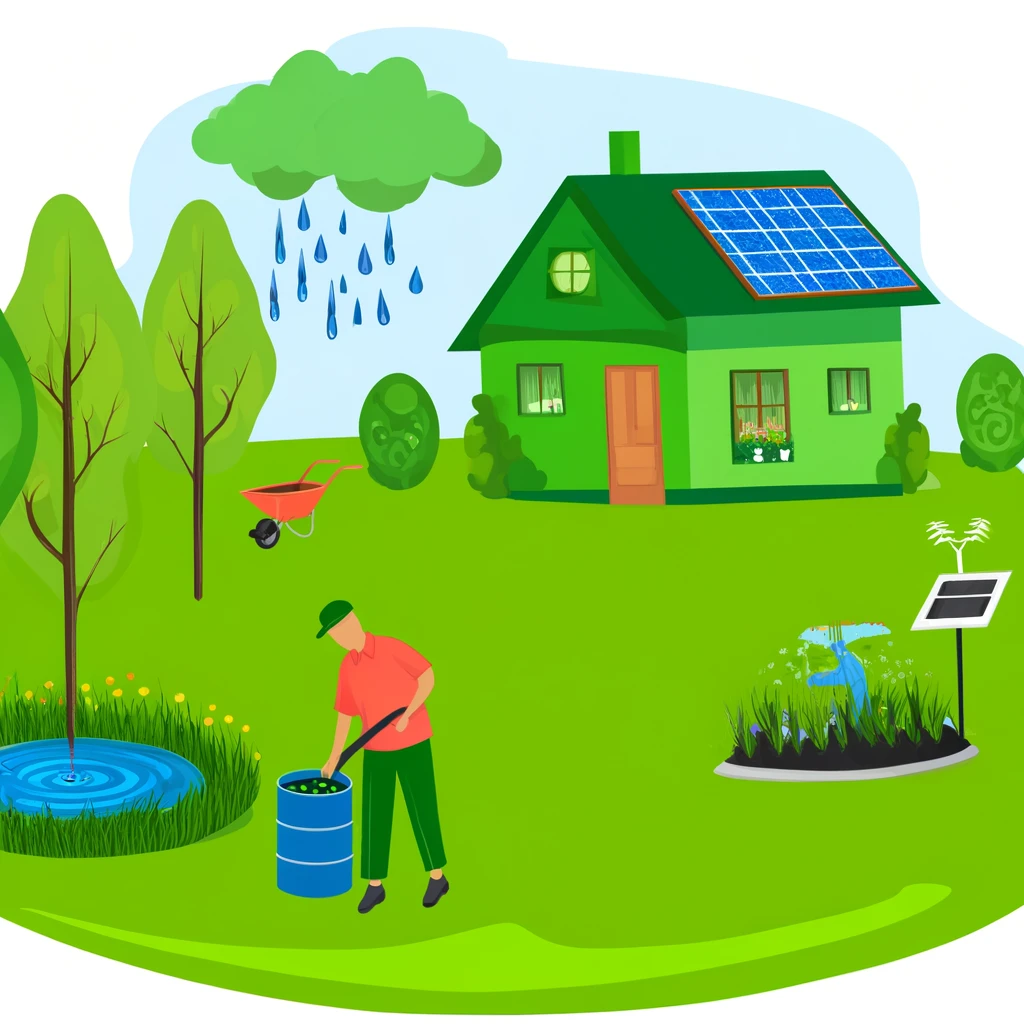Eco-Friendly Lawn Care Tips: Sustaining Your Green Space Naturally

Adopting eco-friendly lawn care practices is not only beneficial for the environment but can also promote a healthier, more sustainable lawn. Here are practical tips to maintain your lawn in an environmentally friendly way.
1. Natural Weed Prevention
- Method: Use corn gluten meal as a natural pre-emergent herbicide. It inhibits weed seed germination without harmful chemicals.
- Timing: Apply in early spring before weeds begin to sprout.
2. Organic Fertilizers
- Benefits: Organic fertilizers release nutrients slowly, improving soil health over time and reducing the risk of runoff.
- Options: Compost, compost tea, and other organic compounds are excellent choices. They enrich the soil and support beneficial microbial activity.
3. Water Wisely
- Efficient Watering: Water your lawn deeply but infrequently to encourage deep root growth, which makes the grass more drought-tolerant.
- Best Time: Water early in the morning to minimize evaporation and fungal growth.
4. Natural Pest Control
- Biological Controls: Introduce beneficial insects like ladybugs or nematodes that prey on common lawn pests.
- Homemade Remedies: Neem oil and diatomaceous earth are effective against a wide range of pests and are safe for the environment.
5. Lawn Mowing Practices
- Height: Keep your grass at a higher cut to promote deeper root growth and shade out weeds naturally.
- Mulching: Use a mulching mower to leave grass clippings on the lawn. They decompose and return nutrients to the soil, reducing the need for additional fertilizers.
6. Drought-Tolerant Grass Varieties
- Choosing the Right Grass: Opt for native or adapted grass species that naturally thrive in your region’s climate. These varieties require less water, fewer nutrients, and minimal care.
- Examples: Bermuda grass in warm climates; fescue or bluegrass in cooler regions.
7. Aeration
- Purpose: Aerating your lawn helps to reduce soil compaction, allowing water, air, and nutrients to penetrate deeper into the soil.
- Method: Use a core aerator for best results, ideally during your lawn’s peak growing season.
Conclusion: Eco-friendly lawn care is about working with nature, not against it. By implementing these sustainable practices, you can maintain a beautiful lawn that’s not only lush and green but also a boon to the local ecosystem. Embracing these methods reduces your environmental footprint and creates a safe, natural space for your family and wildlife.
